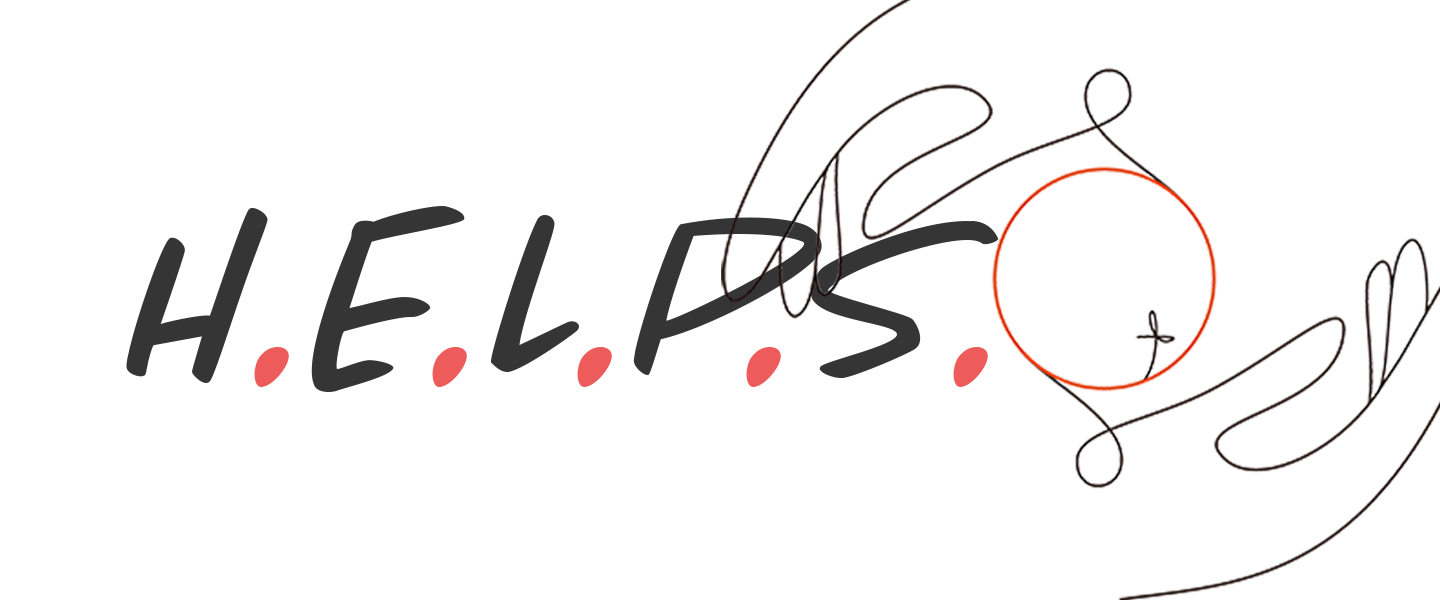31 March 2025
John, in writing his gospel account, notes with some importance that the Passover was at hand when the crowd of 5000+ were approaching, and Jesus asked his disciples, ‘how will we feed them?’ In this account, there is no long, lingering, multi-day presence of the followers, instead, they are still arriving into his presence. This Passover to come would be Jesus’ last on earth, marked by his breaking of the bread and pouring of the wine in the disciples’ presence, encouraging them to eat and drink of him. While feeding the five-thousand, Andrew had seen what was present, five loaves and two fish, but you sense that he perceives without knowing that something more is present. Jesus showed his disciples that he alone is all-sufficient to meet the needs of all the people.
There is a meme floating around that suggests the written scriptures alone are what is sufficient. If that were so, the Pharisees would have had it made. They knew the law. Jeremiah, when he addressed the Israelites, was told by Yahweh to say he had this charge against them, ‘your fathers abandoned me…’ This was said twice before he mentioned the abandonment of the Lord’s instruction, too. This instruction, the law given through Moses, was an insufficient bread, as it were. There was needed something more, and Yahweh was quick to provide it, his presence. The Israelites preferred a god that could be seen and rationalized, one that justified their own twisted bent away from the love of the Lord. It was their abandonment of Yahweh’s presence that led to their abandonment of the law. Thus, the keeping of the law became its own idol. Apart from he who translates the law into love, it could only point to ones sin and not to Yahweh’s grace.
Jesus commanded his disciples to gather the leftover pieces after the crowd was satisfied, ‘so that nothing will be lost.’ (Jn 6:12) There were 12 baskets recovered, one for each of the disciples. In Christ Jesus, what was insufficient became such an abundance that it could be shared beyond the present need. We are called to take that abundance with us, as we walk forward into our next moment. It remains an abundance to be shared so long as we are staying present with the Lord. If we were to abandon the Lord’s presence, as the Israelites were convicted of doing, we would have nothing left but a set of rules, an empty basket as it were, that would be burdensome to carry. It is amazing how much lighter that basket is when it is full. His burden is light, for he carries it with us.
